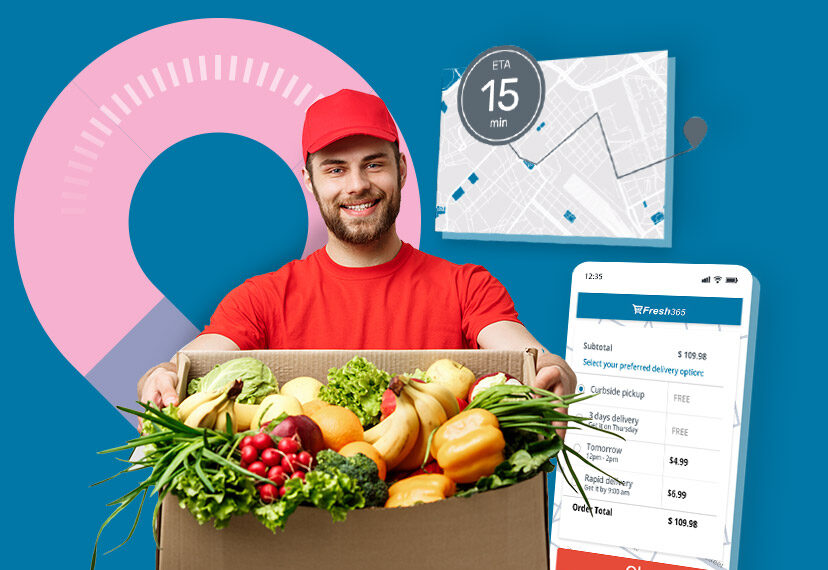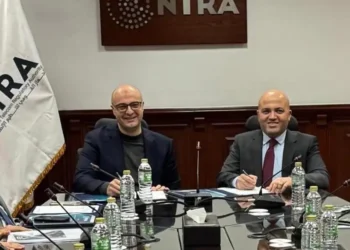Africa’s grocery delivery sector is expanding rapidly, and behind the scenes, business messaging APIs are powering this growth. Platforms rely on these tools to send automated updates such as order confirmations, delivery notifications, and customer support messages through channels like WhatsApp, SMS, and Telegram.
In Kenya, Bolt Market, launched in December 2024, recorded more than 300% growth in grocery orders within six months. Glovo now serves 23 African countries, including Nigeria and Ghana, while Nigerian startup Chowdeck backed by Y Combinator and Novastar Ventures has built a base of 1.5 million registered users and achieved profitability in 2024. Regional players like Gozem Food in Benin and Togo and Yango Delivery in Côte d’Ivoire, Senegal, and Ghana are also expanding their reach.
WhatsApp stands out as the most dominant communication channel, with over 80% of smartphones in countries such as Kenya, Nigeria, Ghana, Egypt, and Côte d’Ivoire having the app installed. This makes Meta’s WhatsApp Business API the most widely used solution. However, its use comes with costs message fees vary by country, from about USD 0.0088 per template in Nigeria to USD 0.0517 in South Africa as of July 2025.
Most companies access WhatsApp’s API through Business Solution Providers (BSPs) like Beem, Infobip, and Silver Mouse, which handle the setup and compliance requirements while adding their own fees. At the same time, regulators such as Kenya’s Office of the Data Protection Commissioner and Nigeria’s Data Protection Commission are paying closer attention to metadata like delivery statuses, timestamps, and device identifiers pushing companies to strengthen compliance with data protection laws.
As grocery delivery volumes rise, so does messaging traffic. This means operational costs tied to APIs grow in direct proportion to customer orders, making scalability a challenge even as demand continues to soar.




